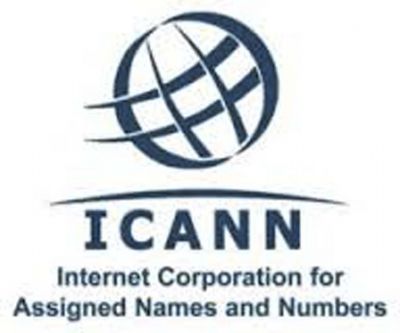
NSA Worse Than Previously Thought
Just when many believe the US National Security Agency (NSA) could not reach any lower in world judgment about NSA ethics, another report came out today shedding new light on NSA treachery and double dealing. https://www.commondreams.org/headline/2014/01/30-1
Most in the cyber security field have heard already about how RSA, a well-respected pioneer of cyber security through development of encryption tech, had developed a now-useless cryptology for NSA that became the default software used by most commercial computer programs. That cryptology used software into which NSA software engineers placed a backdoor, enabling NSA to hack the majority of computer programs and related communications worldwide just a few years ago. http://www.newsweek.com/exclusive-nsa-infiltrated-rsa-security-more-deeply-thought-study-238906
Now the picture looks worse. Several professors from different universities, including from John Hopkins, Wisconsin, and Illinois, discovered additional NSA tools in the RSA program that accelerated the hacking efficiency by a factor of more than 10,000. That means NSA had no real challenge getting around all RSA security measures very rapidly to decipher all Internet traffic of those using that predominant RSA program. http://www.reuters.com/article/2014/03/31/us-usa-security-nsa-rsa-idUSBREA2U0TY20140331
Based on HFS surveys and analysis, many today find the behavior of Edward Snowden, who disclosed and continues disclosing to the world data he illegally took from the NSA while working there as a contractor, committed unforgivable treason against his nation. At the same time, those surveyed hold the NSA equally at fault for NSA’s deceptive, abusive, illegal spying domestically and abroad. Combining the bad behavior of both Snowden and NSA, the US has lost credibility in the hearts and minds of its allies, leaving open the door to its competitors for control of the Internet.
What do you think?












